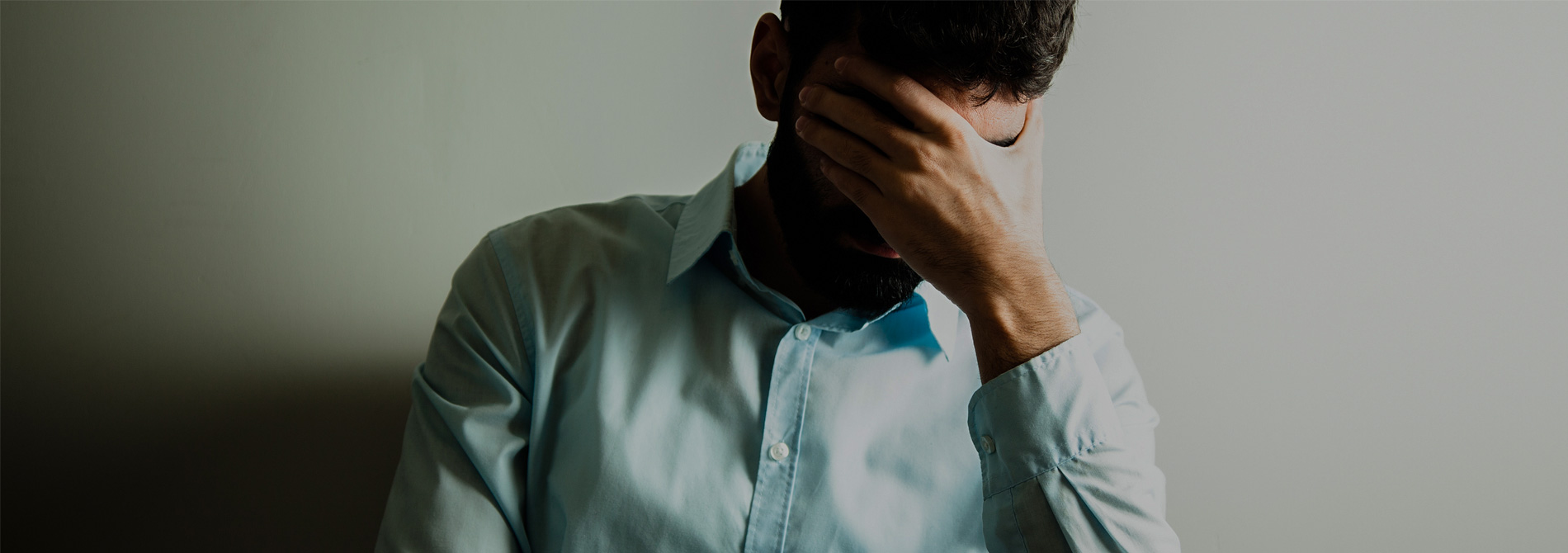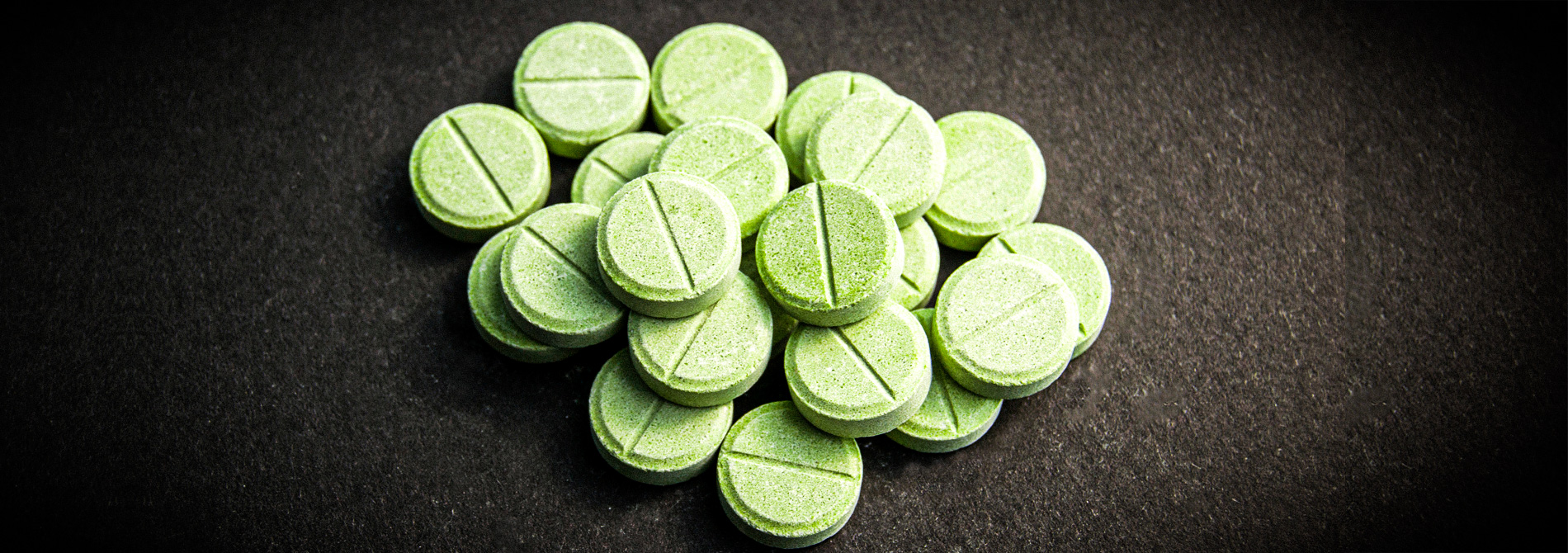A successful recovery from addiction requires making a lot of changes. Recovery isn’t just about abstinence, but rather making healthy lifestyle changes, including spending time with positive people, eating healthy, getting regular exercise, sleeping enough, and sticking to a program of recovery. It also means letting go of the unhealthy habits that are holding you back. These habits only make recovery more challenging and the sooner you break them, the better off you’ll be. However, breaking bad habits can be incredibly hard. They’re deeply ingrained behaviors that you don’t even think about before you do them. If you have some bad habits you would like to break–and almost everyone does–here are some tips to make it a little easier.
Identify a habit.
First, you have to identify the habit you want to break. It can be helpful to limit yourself to one habit at a time, because this makes it easier to deal with the natural stumbling points that may occur when changing a deeply rooted behavior. For example, people in recovery who smoke might want to consider quitting smoking. Studies have found that people who quit smoking in recovery are significantly less likely to relapse over a three-year period. Aside from that, their are many other physiological and psychological health benefits of quitting smoking. However, everyone is different and only you know for sure which habit you should most get rid of.
If you or a loved one need help, call our admissions team today at 561-841-1033.Notice when you’re doing it.
This sounds absurdly simple, but one of the reasons habits are so hard to break is that they’re so automatic you don’t even notice when you’re doing it. So in the beginning, it’s important to just try to catch yourself engaging in the behavior or notice when you start practicing the habit. At its core, this is the practice of mindfulness, a powerful brain training exercise that can improve cognitive function and a person’s ability to deal with various psychological issues. this isn’t an opportunity to beat yourself up whenever you catch yourself lighting up or binging on sweets. Just say to yourself, “Oh, look, I’m doing it again. Good job for noticing.” Then stop the behavior. For a few days, you just want to focus on making the unconscious behavior conscious again. When you catch yourself, also notice what feelings go with the habit. Relief? Anxiety? Frustration? What does it feel like to engage in the habit? What does it feel like to stop?
Look for patterns.
When you’ve spent a few days catching yourself in the act, see if you can identify patterns. Habits are often part of a regular series of actions. So if you smoke, you might find you wake up and light a cigarette, then when you get in the car to go to work you light another cigarette and so on. Or maybe you go to lunch, then stop and get a cookie on the way back to work. Try to notice when the habit is embedded in a regular series of actions. This can help break a pattern that is so deeply wired in your brain that it is performed automatically.
Identify what the habit does for you.
Next, figure out why you engage in the habit. This might take some observation and reflection. You could find that the habit soothes you in some way, even if that way is an unhealthy coping mechanism. Or it might be a way to accomplish something else entirely. For example, maybe your main purpose of having a cigarette with coworkers is to give you an easy way to socialize or an excuse to get some fresh air after being stuck in an office all morning. It’s possible that you accomplish the original aim of the habit in a much healthier way.
Find a suitable replacement.
Once you’ve identified the purpose of the habit, you can start looking for a suitable replacement. Exercise, prayer, deep breathing, meditation, fellowship, or service work are great options in recovery. If you were taking a smoke break so you can get outside and get some fresh air, you can take a mindful walk instead. If you wanted to socialize, you can invite some coworkers to lunch or coffee. That way, you’re not limited to socializing with smokers. It’s much easier to replace a habit than it is to get rid of it entirely. When people just try to stop a habit, they often feel like there’s a hole. Filling that hole with something that supports wellness can make a world of difference. It still might not be easy, but it’s more manageable.
Use reminders.
You’ll need something to remind yourself to substitute habits. This is especially true if the habit is embedded in a long series of events, like a work day. Exactly what kind of reminder you use depends on your situation and habit. It may take a little creativity. It might be as simple as putting a sticky note on your desk that says, “Walk, don’t smoke.” If your schedule is pretty regular, it might help to set a reminder on your phone. Place-specific notes might help too. For example, you might put a note on your fridge that reminds you to drink water instead of soda.
Get support.
Generally speaking, finding a buddy works better for creating a habit, like exercise or eating healthy, but it can also help you break a habit. If you can get a friend or coworker to stop smoking with you, you can keep each other accountable. You share information about what’s worked and what’s challenging and you can help each other through the rough spots. You can also let others know you’re trying to break a habit even if they aren’t trying to break any habits themselves. They can keep an eye on you and help keep you accountable.
Hanley Center is a well-known care provider offering a range of treatment programs targeting the recovery from substance use, mental health issues, and beyond. Our primary mission is to provide a clear path to a life of healing and restoration. We offer renowned clinical care for mental illnesses and have the compassion and professional expertise to guide you toward lasting wellness. For information on our programs, call us today: 561-841-1033.




